What micronutrient is often discussed for its role in supporting healthy testosterone levels in men?
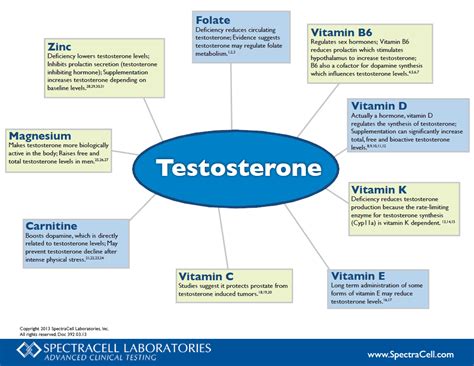
Testosterone, the primary male sex hormone, plays a critical role in numerous physiological functions, including muscle mass, bone density, red blood cell production, and libido. Maintaining healthy testosterone levels is essential for overall male well-being. While many factors influence hormone balance, nutrition stands out as a fundamental component. Among the myriad of essential vitamins and minerals, one particular micronutrient is consistently highlighted for its direct and indirect contributions to supporting healthy testosterone: Zinc.
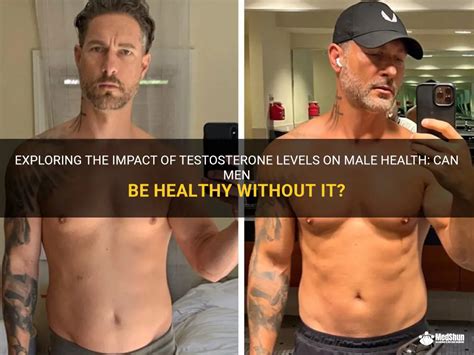
Understanding Zinc’s Vital Role
Zinc is an essential trace element that participates in over 300 enzymatic reactions in the body. Its functions are incredibly diverse, ranging from immune system support and wound healing to DNA synthesis and cell division. For men’s health, its importance extends significantly into the endocrine system, particularly concerning testosterone production and metabolism.
How Zinc Supports Testosterone Levels
The mechanisms by which zinc influences testosterone are multifaceted:
Enzyme Regulation
Zinc acts as a co-factor for many enzymes involved in testosterone synthesis. It’s crucial for the proper functioning of the Leydig cells in the testes, which are responsible for producing testosterone. Furthermore, zinc helps regulate the activity of enzymes that convert testosterone into other hormones, such as aromatase (which converts testosterone to estrogen) and 5-alpha-reductase (which converts testosterone to dihydrotestosterone or DHT). Adequate zinc levels can help maintain a favorable balance, preventing excessive conversion of testosterone.
Antioxidant Properties
Oxidative stress can damage Leydig cells and impair testosterone production. Zinc possesses potent antioxidant properties, helping to protect cells from damage caused by free radicals. By reducing oxidative stress, zinc contributes to a healthier environment for hormone synthesis.
Gonadotropin-Releasing Hormone (GnRH)
Zinc is involved in the signaling pathways of Gonadotropin-Releasing Hormone (GnRH), which stimulates the pituitary gland to release Luteinizing Hormone (LH) and Follicle-Stimulating Hormone (FSH). LH, in turn, signals the Leydig cells to produce testosterone. Therefore, sufficient zinc is vital for the entire hypothalamic-pituitary-gonadal (HPG) axis, which controls testosterone production.
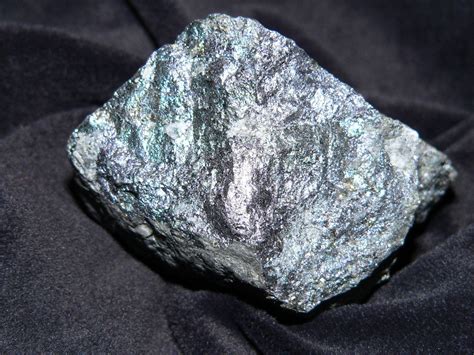
The Impact of Zinc Deficiency on Testosterone
Zinc deficiency is surprisingly common, especially in populations with restricted diets, vegetarians, or individuals with certain health conditions that impair absorption. Studies have consistently shown a correlation between low zinc levels and reduced testosterone in men. Even a marginal deficiency can lead to a significant drop in hormone levels, potentially contributing to symptoms such as decreased libido, fatigue, reduced muscle mass, and impaired fertility.

Dietary Sources of Zinc
Ensuring an adequate intake of zinc through diet is the most effective way to maintain healthy levels. Excellent sources include:
- Oysters: Known as one of the richest natural sources.
- Red Meat: Beef, lamb, and pork are significant contributors.
- Poultry: Chicken and turkey provide good amounts.
- Beans: Chickpeas, lentils, and black beans.
- Nuts and Seeds: Pumpkin seeds, cashews, and almonds.
- Dairy Products: Milk, cheese, and yogurt.
- Whole Grains: Oats, quinoa, and brown rice.
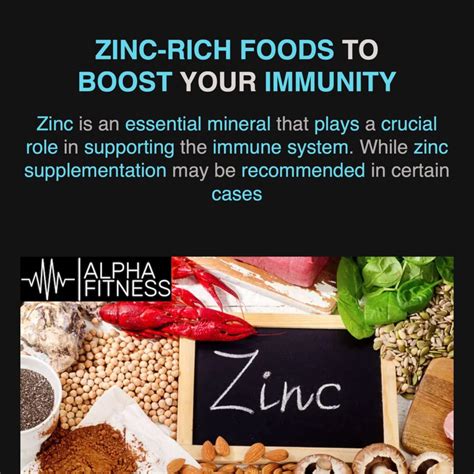
Supplementation Considerations
While a balanced diet is always preferred, zinc supplementation can be beneficial for individuals with confirmed deficiencies or those who struggle to meet their zinc needs through food alone. However, it’s crucial to approach supplementation cautiously. Excessive zinc intake can lead to adverse effects, including copper deficiency (as zinc and copper compete for absorption), nausea, vomiting, and impaired immune function. Always consult with a healthcare professional before starting any new supplement regimen to determine the appropriate dosage and to ensure it doesn’t interact with other medications or health conditions.
Beyond Zinc: Other Important Micronutrients
While zinc is a standout, it’s important to remember that hormone health is complex and depends on a synergy of nutrients. Vitamin D, for instance, is another crucial micronutrient often linked to testosterone levels, with deficiencies frequently correlated with lower testosterone. Magnesium also plays a role in numerous enzymatic reactions, including those that support overall hormonal balance. A holistic approach to nutrition, focusing on a variety of vitamins and minerals, is always best for optimal health.
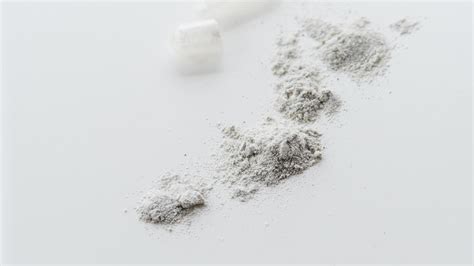
Conclusion
Zinc stands out as a critically important micronutrient frequently discussed for its pivotal role in supporting healthy testosterone levels in men. By participating in key enzymatic processes, acting as an antioxidant, and influencing the HPG axis, zinc directly contributes to the synthesis and regulation of this vital hormone. Ensuring adequate zinc intake through a nutrient-rich diet or, when necessary, careful supplementation under professional guidance, can be a significant step towards optimizing male hormonal health and overall well-being.








